Growing Forward
For Jane Taylor, collard greens are more than a mealtime staple. They’re a mode of transportation, the flavors carrying her back to her hometown in Kenya where she helped grow it and other crops in her grandmother’s garden.
“We call it sukuma wiki,” she says. “For me, a meal with collard greens just brings back that nostalgia.”
So she was pleasantly surprised when she discovered this piece of home could also take root in Pflugerville.
“When I grew the collards back here and they flourished, I was like, ‘huh. Even in Texas,’” Taylor says.
Taylor’s garden grew from a hobby to a business when she quit her job as a nurse and created Green Thumb Farming LLC along with her children. But her budding agricultural career has had to weather a series of challenges, from land prices to locusts. Despite the setbacks, she’s pushing forward with her dream, and hoping to inspire others to also start growing their own produce.
“It is that sort of satisfaction from a seed to this,” Taylor says. “It just makes you happy.”
Taylor’s daughter and co-owner Adeline Mukwamugo holds a melon that’s still ripening. Mukwamugo moved back in with Taylor when the pandemic started and has helped her launch Green Thumb Farming.
Taylor began growing produce in her backyard when she moved to Pflugerville in 2015. It started as a way to save a little money and have access to fresh vegetables. There was so much extra produce Taylor was giving out bags of it to her neighbors. Eventually her children encouraged her to start selling it, and Taylor connected with the Sustainable Food Center Farmers’ Market in 2020. Her daughter Adeline Mukwamugo recalls her mother sometimes going straight from her overnight nursing job at the Travis County Jail to the market.
“[She] would actually take some of the onions with her to work,” Mukwamugo says. “So her car would smell like onions the whole time.”
But like so many healthcare workers, Taylor found herself burned out by the stressful conditions brought on by the pandemic.
“I was like, I think I can do something else that is less stressful and less demanding on me emotionally,” Taylor says. “And I thought being outside farming was just like the thing I really wanted to do. But that also has its own challenges.”
In 2021 Taylor took agricultural business classes from Farmshare Austin, a local nonprofit dedicated to equitable food access and farming education. She then began expanding her business. They leased a small plot of land in Lexington, Texas, roughly an hour away from her home. Taylor also grew produce at a local community garden. But unexpected challenges soon cropped up. First was an infestation of locusts.
“Within about a week, they had cleared everything green,” Taylor says. Then the drought hit.
Taylor (left) and Mukwamugo (right) collect nutrient-rich dirt from their plot at the Pflugerville Pecan Street Community Garden. The closure of the garden is just one of many setbacks Taylor has faced since starting her business.
In 2022 Texas saw severe drought. According to the U.S. Drought Monitor, 62% of the state was classified as under an ‘extreme drought,’ and that it was the 11th driest year going back to the 1900’s.
“The heat is intense, and in some ways we're sort of more prepared for that,” says Michelle Akindiya, the education director of Farmshare Austin. She says most farmers expect and prepare for long, dry summers in Texas. But what’s becoming a troubling trend is extreme temperature shifts in winter brought on by climate change.
“A lot of farmers have a lot of food in the ground in December and January,” Akindiya says. “This past year … it went from being 70 degrees to being like 15 degrees overnight. That kills everything.”
But the biggest challenge for Taylor and many other farmers is finding land. She’s been looking to purchase land since 2020, but prices have been escalating rapidly for rural tracts since COVID first hit. The U.S. Department of Agriculture’s most recent Land Values Summary report stated that cropland real estate value in Texas was up 12.6% from 2021 to 2022. While the market has cooled somewhat, the real median average price in central Texas is still up nearly 10% compared to last year. One acre costs just over $1,000. That’s too high for many to afford, including Taylor.
“The cost of land just went through the roof,” Taylor says. “We just didn't have the finances to be able to do that.”
Mukwamugo holds a bushel of basil collected from their backyard garden.
She also lost the land they had been using. In 2022, Taylor had to give up the plot she was leasing in Lexington. And the community garden was closed this spring. Taylor says the city of Pflugerville is opening a new location elsewhere in town, but it wasn’t ready in time for this spring’s planting season. She spent several backbreaking afternoons transporting buckets of nutrient-rich earth from the community garden to raised beds in her backyard. She had worked hard to cultivate the soil and didn’t want to lose it. Akindiya says this is a problem for farmers across the country.
“The number one issue for new farmers in particular around the country is access to affordable farmland,” Akindiya says. “We both need food to be affordable, so everyone can eat and afford it. And we need farmers to be able to make a living wage. So these things are diametrically opposed. And this is a huge problem.”
Drought, insects, rising costs–Taylor experienced some of the biggest challenges for farmers in just a few months. But she remained undeterred.
“I think I was a little bit upset when the grasshopper infestation was happening and it was getting too dry. I had put in so much work,” Taylor says. “And my kids looked at me and they were like, ‘Mom, this is life.’ … It's discouraging, but no, I don't give up.”
Mukwamugo (left) and Taylor (right) collect cucumbers from their backyard garden. Despite the setbacks she remains committed to agriculture. “It's discouraging, but no, I don't give up.”
While Green Thumb Farming is currently ‘a side hustle’ for Taylor, she still plans to expand her operation and hopes to inspire others to start growing their own food. She hopes to partner with local schools to bring out students and see where produce comes from, and encourage people of color to venture into agriculture. And she’s not on her journey alone; in a few months, Mukwamugo will take the same classes at Farmshare Austin in order to help expand her family’s business.
“It is a scary challenge, but also exciting,” Mukwamugo says. “We don't have to have all the answers, but we can take a little steps in order to be able to get to a better future for ourselves and for everybody else.”
Taylor knows challenges await her, but she only needs to step into her backyard to find inspiration to continue.
“Whatever is on the table … half of what we made was actually from our gardens,” Taylor says. “That's a good feeling.”
Community journalism doesn’t happen without community support.
Got story ideas, advice on how we can improve our reporting or just want to know more about what we do? Reach out to us at news@klru.org.
And if you value this type of reporting, then please consider making a donation to Austin PBS. Your gift makes the quality journalism done by the Decibel team possible. Thank you for your contribution.
More in Business:
See all Business posts
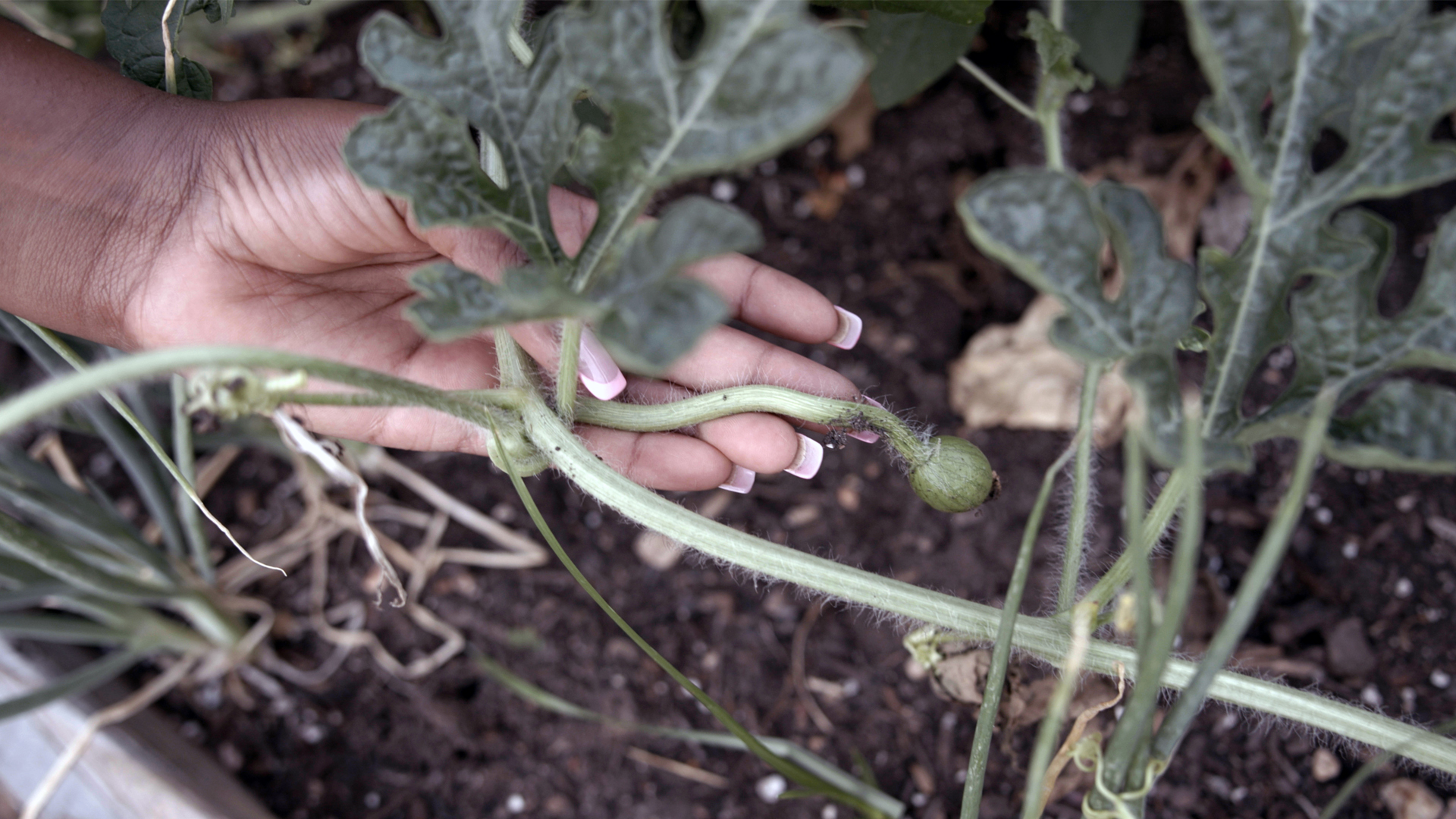
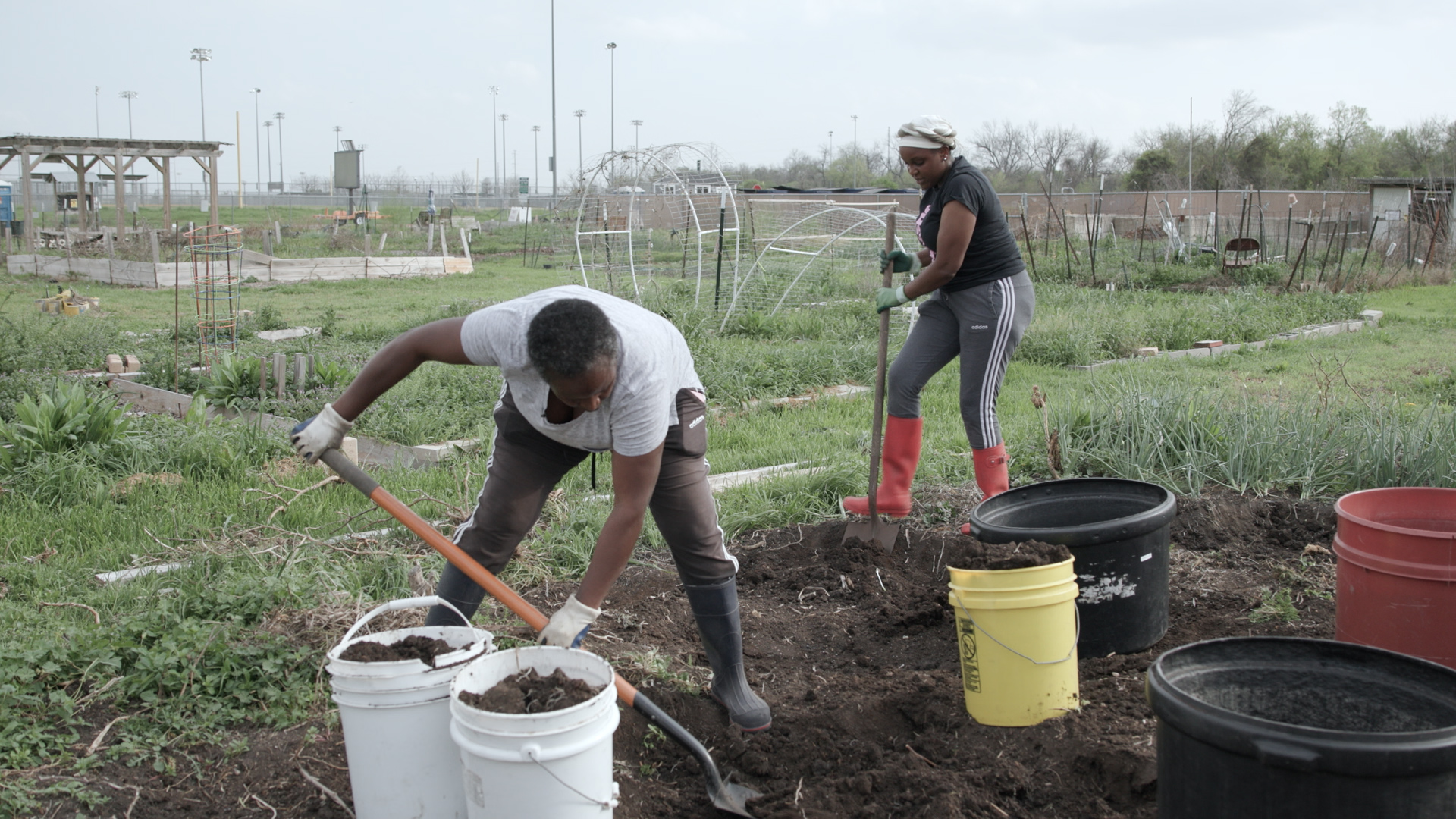
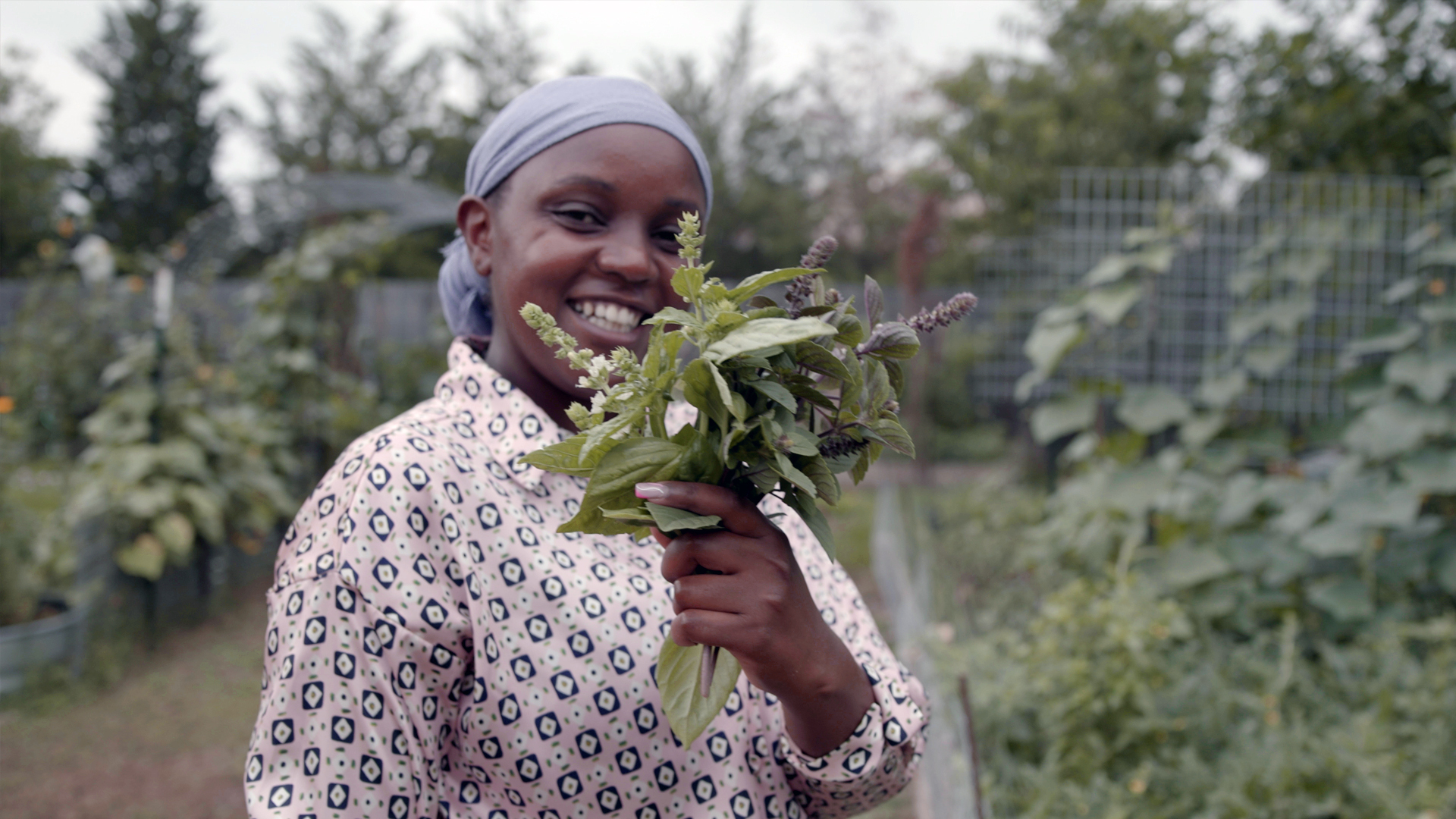
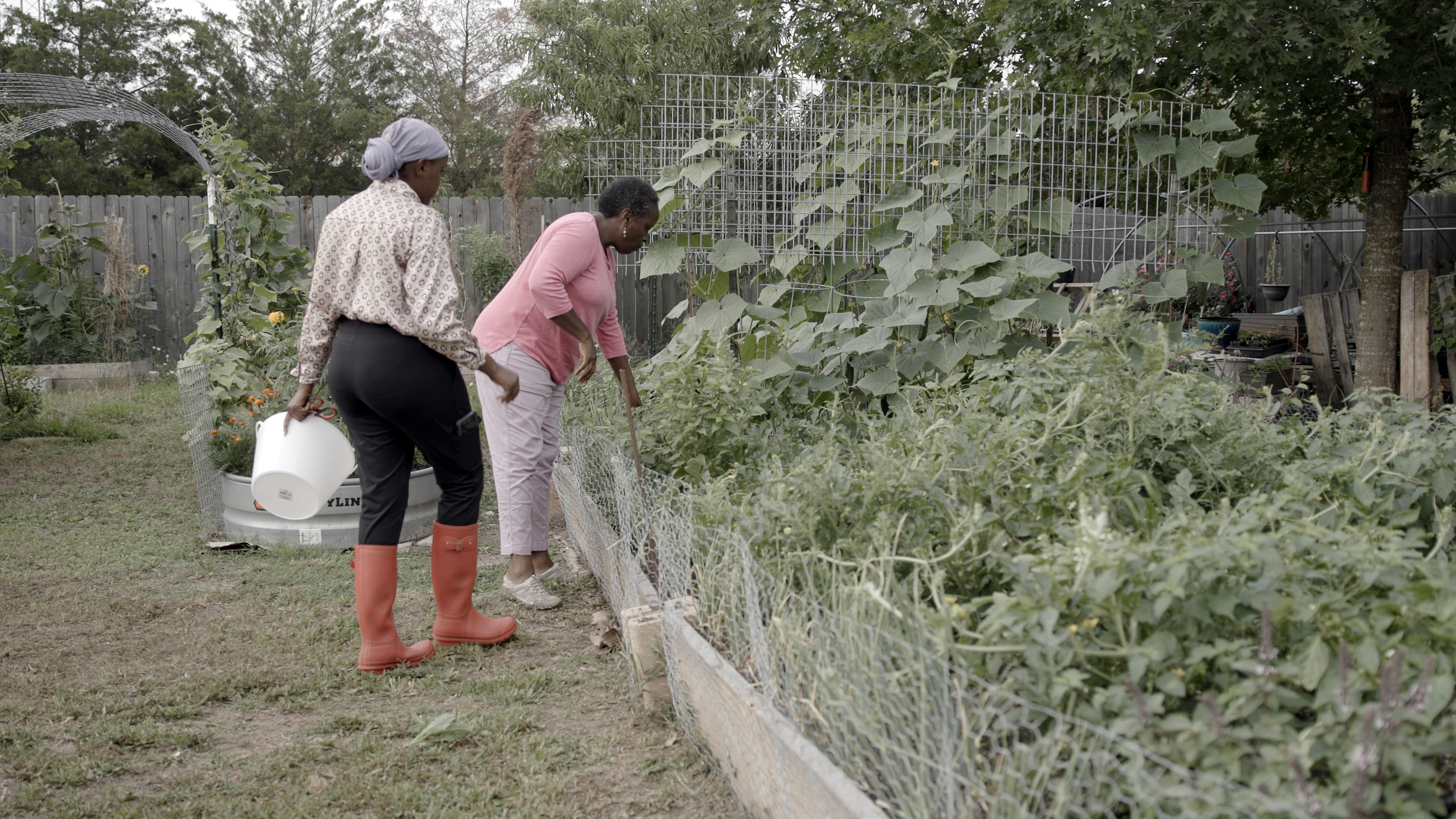

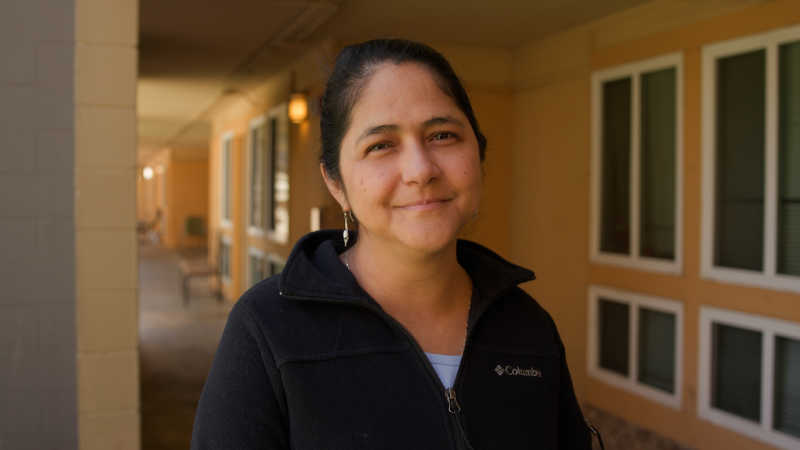



Contact Us
Email us at news@klru.org